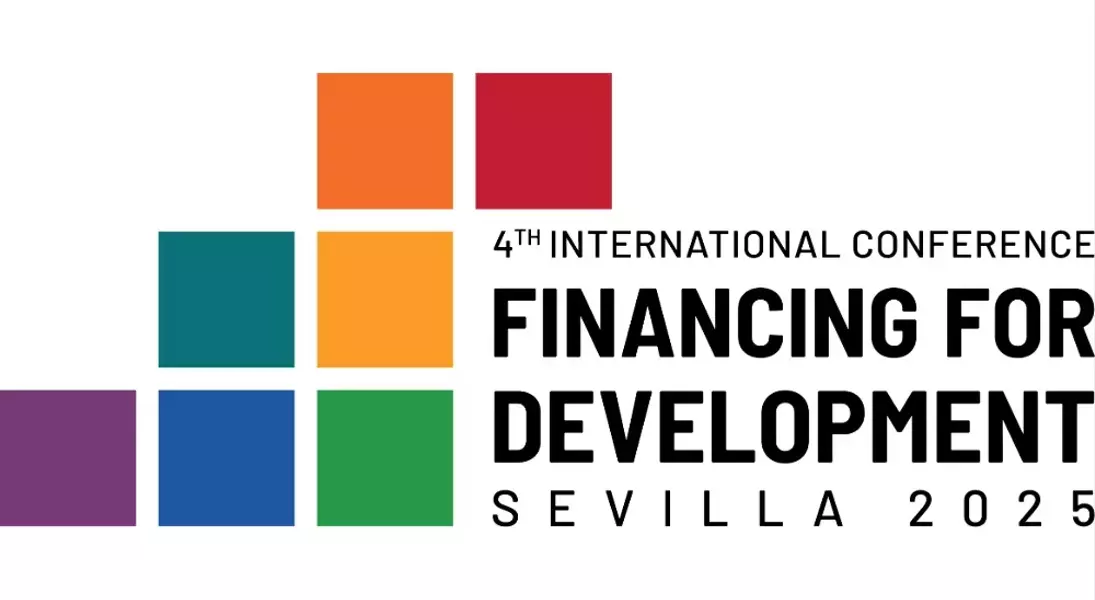
The endorsement of the 'Compromiso de Sevilla' by governments on June 17th marks a pivotal moment in the ongoing dialogue about development finance. As the globe faces intertwined crises, the necessity for a strong and inclusive financial framework has never been more crucial. While the document presents some forward steps, it also reveals critical shortcomings that need addressing to place democracy and social justice at the core of the international financial architecture.
A Step Towards Reform: The Compromiso de Sevilla's Highlights and Concerns
In the vibrant season of early summer, an important agreement known as the 'Compromiso de Sevilla' was reached. This document, crafted by global leaders, aims to redefine the approach towards equitable financial systems worldwide. It emphasizes investment in decent work, enhancing social protection, and promoting fair taxation. Key locations include developing nations where these strategies are intended to alleviate existing disparities.
The commitment to invest in productive sectors and create quality jobs is commendable. Additionally, the document sets measurable goals for expanding social protection coverage in developing countries, aiming to reduce the significant gaps affecting nearly half the world's population. In terms of taxation, there is a push towards progressive systems, increased transparency, and cooperation among nations to combat tax avoidance.
However, concerns persist regarding inadequate debt restructuring mechanisms, vague commitments to Official Development Assistance (ODA), and unclear criteria for aligning private finance with sustainable development objectives. These areas require urgent attention to ensure the effectiveness of the proposed framework.
From the perspective of a journalist analyzing this situation, the 'Compromiso de Sevilla' represents both potential and limitations. While it outlines necessary steps towards reform, it falls short in providing concrete solutions to pressing issues like unsustainable debt burdens and insufficient aid levels. For readers, this highlights the importance of continued advocacy for policies that prioritize people and planet over profit and power. The upcoming World Summit for Social Development offers a chance to demonstrate ambition and integrate social justice into sustainable development efforts, turning pledges into actionable policies.
